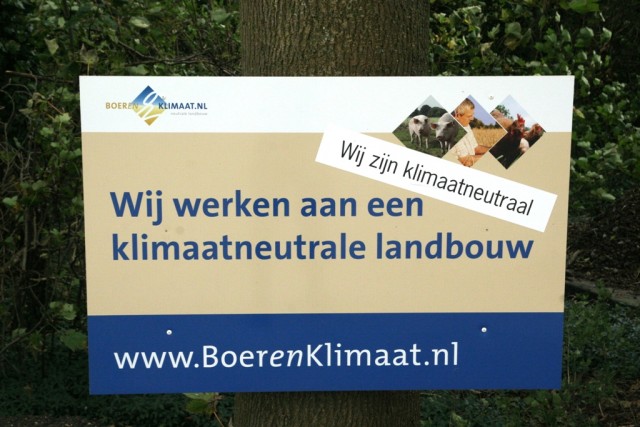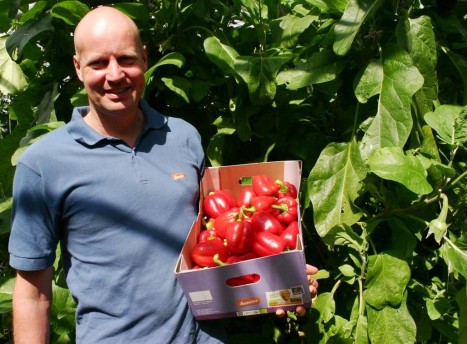Label and inspection
 Biodynamic products can be recognized by the Demeter label. In the Netherlands, the Demeter Foundation is responsible for the label. In Europe, BD-products are always organic as well and will carry the EU organic label or the EKO label.
Biodynamic products can be recognized by the Demeter label. In the Netherlands, the Demeter Foundation is responsible for the label. In Europe, BD-products are always organic as well and will carry the EU organic label or the EKO label.





